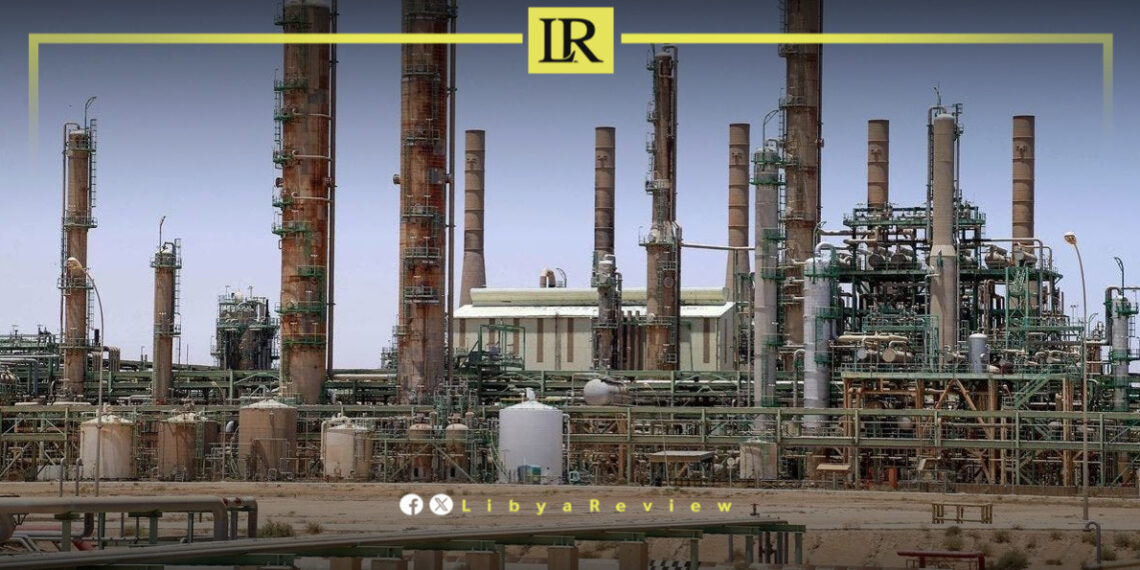Libya has suffered a significant blow to its oil industry, with reports revealing that the country has lost 70% of its oil production due to recent shutdowns. Two reports, from the British newspaper Argus and Italy’s Nova news agency, highlighted the severe impact of these disruptions, particularly in the Sirte Basin, a key region for Libyan oil exports.
The eastern oil terminals—Sidra, Ras Lanuf, Zueitina, Brega, and Hariga—have been the hardest hit, as they are responsible for a large portion of Libya’s oil exports. Over the past three months, these terminals exported approximately 728,000 barrels per day out of Libya’s total production of 1.04 million barrels per day. However, no oil has been exported from these terminals since August 30, with the last shipment of 500,000 barrels leaving from Ras Lanuf before the closures took full effect.
Experts predict that production may decrease further as storage tanks fill up. However, a complete halt in production is unlikely, as some oil will be diverted to local refineries and used to power energy plants. Most of the oil produced in western Libya is expected to continue flowing.
Meanwhile, offshore oil fields such as Bouri and Al Jurf, along with the onshore Wafa field, remain operational. A portion of production from the Sarir and Messla fields will also continue, but primarily to supply fuel to power stations in Tobruk and Kufra, and to local refineries in Sarir and Hariga, rather than for export.
Libya’s oil sector is the foundation of its economy, and any disruption in production has significant repercussions not only for the nation but also for global oil markets. The latest shutdowns come amidst ongoing political instability and conflicts between rival factions within the country, many of which use control over oil resources as leverage in power struggles.
The Sirte Basin, home to some of Libya’s most vital oil fields and export terminals, plays a central role in the country’s energy output. The shutdown of its eastern terminals has severely impacted Libya’s overall production capacity, leading to a 70% drop in oil exports. With no exports from these terminals since the end of August, Libya’s oil revenues—which were already under pressure—are expected to face further strain in the coming months.
Prior to the shutdowns, Libya had been producing over 1 million barrels of oil per day, a crucial contribution to global energy supplies. The loss of 70% of this production is already creating ripples in international oil markets, especially at a time when global energy demand remains high. Although western and offshore oil fields are still operational, the country’s overall production remains far below its potential.


